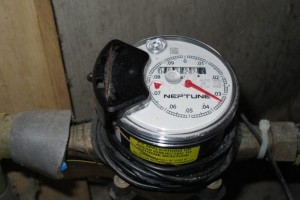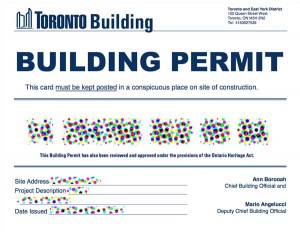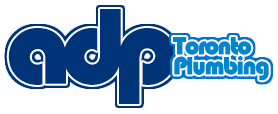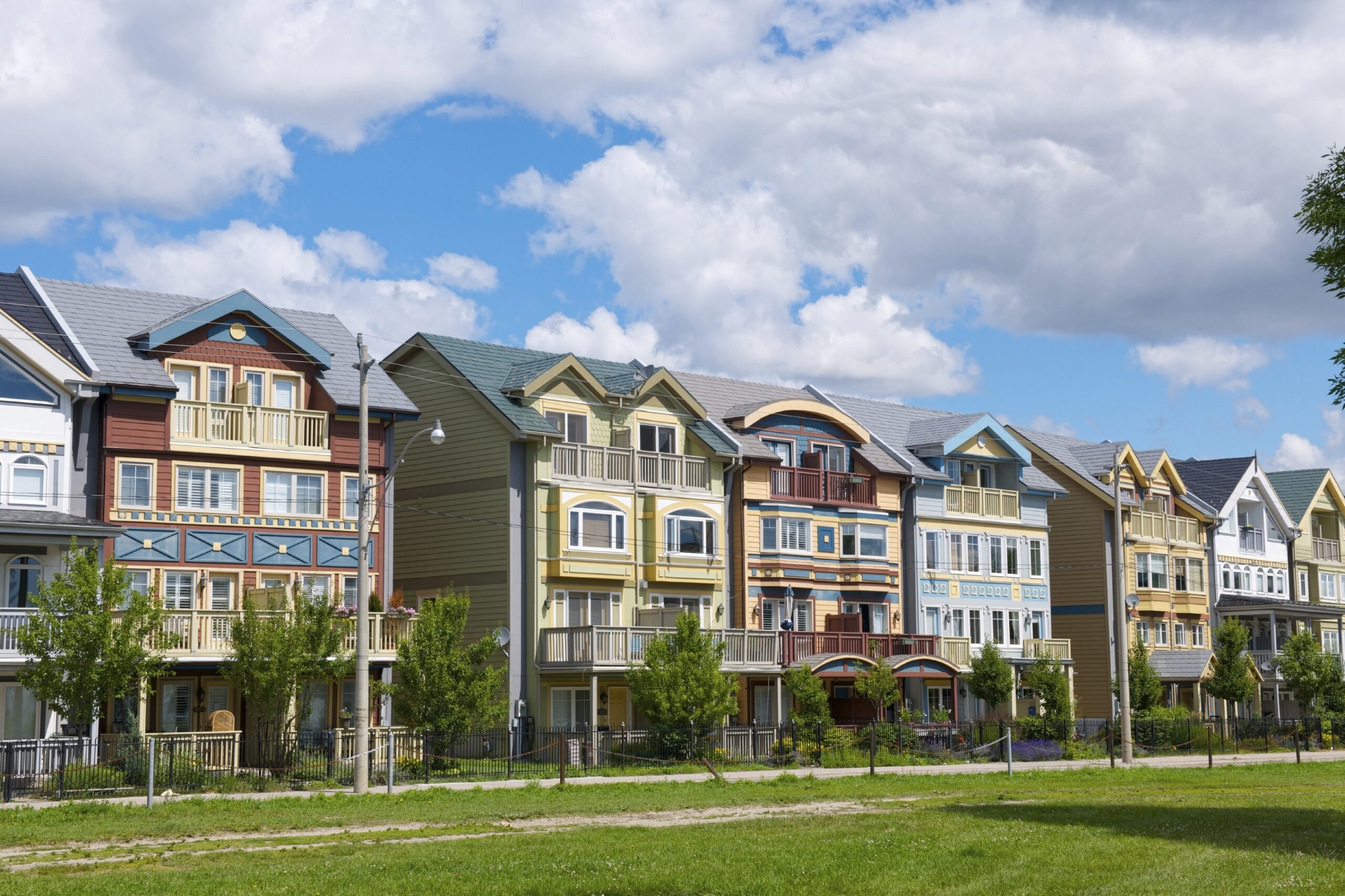The City of Toronto provides its citizens with some of the best water services in the world. The local government takes various steps to ensure that safe, clean water is distributed throughout the city, and they collect and treat the wastewater from our homes.
While clean drinking water and the responsible treatment of wastewater are often things that we just take for granted, there is a lot of work that goes into providing these services. One of the steps in ensuring the safety and quality of these services is to ensure that homeowners and builders adhere to certain standards when they connect to the local water supply or to the local wastewater sewers.
With updated laws on water services and sewer connections going into effect, it can be hard for the residents of Toronto to stay up to date on the process of installing water service. In this post, we are going to take a closer look at some of these processes, and provide some information concerning your obligations as a homeowner and the steps you need to take to get service at your property.
New Water Supply Requirements
The basic points of the new water service requirements are fairly simple, but we are going to take a more extensive look at some of the things that you will need to know in order to get water service in the City of Toronto.
Under the bylaws of the city, all new residential properties must install new water service and sewer connections. If more than 50% of the above-grade structure of an existing building is demolished, it is also required to have new connections for the sewer and the water service. Under some circumstances, re-use of existing connections is allowed, but this is subject to city approval.
The first step in getting a water service connection is to apply to the city. To complete the application process, you will need a completed municipal service application and a valid method of payment for the applicable fees. If a contractor is completing the application process on behalf of the property owner, they will need to bring a letter from the property owner that authorizes them to work on their behalf.
The fees for a water service connection are subject to change, so it is important for homeowners to check the fees before they go apply. As of this writing, the fees for residential water service connection in Toronto are as follows:
- 19mm water service connection with meter: $4,505
- 25mm water service connection with meter: $5,220
- Reuses of water service connection 19-25mm: $281.06
With all-new residential properties, new wastewater connections are also required. The following covers the fees for new residential wastewater sewer connections in the City of Toronto. The following is the cost of connection at the time of writing (May 2017), be sure to check for any fee changes before going to apply.
- Sanitary sewer connection: $11,265
- Stormwater sewer connection: $11,265
When you apply for new water service and wastewater connections, it is important to bring an acceptable payment method. At the time of writing, the city will accept money orders, certified cheques, and bank drafts that are made out to Treasurer, City of Toronto. The city will also accept debit and credit cards from Visa, MasterCard, and American Express.
Once the application and payment have been accepted, the homeowner can expect connection at some time within the next twelve weeks. At the time of the application, the homeowner will be assigned a city contractor to perform the connection service. After the application, it is the responsibility of the homeowner to contact the city contractor in order to schedule the connection and confirm the details of the connection site.
Requesting a New Water Meter
 Any building that is using the City of Toronto water supply must have a meter on every line that connects to the municipal water supply. Before you can request a meter, you must apply and pay for your water service connection, as outlined in the section above.
Any building that is using the City of Toronto water supply must have a meter on every line that connects to the municipal water supply. Before you can request a meter, you must apply and pay for your water service connection, as outlined in the section above.
Upon the approval of your connection, you will be given a Customer Service Request (CSR) number, and you will need this number in requesting for a new water meter. However, before you can arrange for a new meter on the property, you must open a utility account for the new water service. At the time of writing, the cost of new account setup is $66.28.
After receiving a water service utility account number, you can then go to the local water meter office that is assigned to your ward. The West District Water Meter Office covers wards 1-23, and the East District Water Meter Office is responsible forwards 24-44. Both offices are open Monday through Friday from 7 am to 3 pm.
When you pick up your water meter, the City will schedule an appointment to seal and inspect the meter. If a person other than the property owner is sent to pick up the meter, they must bring an authorization form that was completed and signed by the property owner.
It is also important to schedule the pickup of your meter with the installation in mind. All meters must be installed within seven days after the date of pickup. Before going to pick up your meter, it is recommended that you consult with your contractor to ensure that the meter will be installed within this seven-day window.
Before Hiring a Contractor
When you start building or renovating a home, it is important to hire licensed professionals to perform the work. In the case of water service, the contractor that is going to be doing the work is likely to be the same professional that you hire to install the plumbing in the home.
By hiring a licensed professional, you are ensuring that the work is being done by a person that has the necessary skills and training, and this is especially important for jobs like water service and sewer connections. Before you hire any plumber, there are some things that you are going to want to consider.
First, you are going to want to make sure that any plumber you hire is licensed. Obtain information like the license number and the operating name of the business, and verify that the license is valid. You can call the city to verify a license number or you could submit a verification form online. Along with checking their licensing, you will also want to make sure that the plumber is insured.
You may also want to look into the plumber’s experience. Ask them how long they have been in business. You can also ask about their experience in doing jobs that are similar to the work that they will be performing for you. You may also want to ask the plumber if they have any references, and if you can, you could also check any online reviews from the plumber’s previous clients. This can give you a good feel for the quality of work that you can expect, and the reputation of the plumbing contractor that you are dealing with.
After you have interviewed a few plumbing contractors, you should have a list of a few that you feel good about working with. In other words, you verified their license; you know they are insured; you are impressed with their experience and reputation; you feel like they did a good job of communicating with you.
Now that you have this shortlist, you can start asking more specific questions about the job at hand. Obtain quotes from all of the plumbers that you have shortlisted. Ask for details about the types of materials that they intend to use, and the processes that they will employ to ensure the quality of their work. Ask the contractor about which members of their team they will be sent to work on your home. Finally, ask for an expected date of completion. If you will need them to do things like pick up your water meter, you will also want to make sure this is something that they can do for you.
Ideally, you want to get these types of details from at least three different plumbers. With more options, you can compare prices, expected date of completion, and the details that the different contractors provided about their processes and the materials that they will use. Once you have this information, compare the differences, and consider factors like experience and customer service when making your decision.
Obtaining a Permit
 In building or renovating a home, you may need to obtain several permits. For any plumbing project, including the connection of water service and wastewater sewer service, a permit is required.
In building or renovating a home, you may need to obtain several permits. For any plumbing project, including the connection of water service and wastewater sewer service, a permit is required.
To get a permit for your plumbing project, you will need to submit copies of any drawings related to the building project. These drawings must be to scale, and they have to be signed and dated. You will also need the site plan, and the plumbing plans for every floor of the building. You’ll also need to submit a plumbing datasheet and an application to build or demolish.
To obtain a permit for the work, you will also need to pay the permit fees. The fees can vary depending on the scale of the work, but the standalone fee for a residential permit for water service and wastewater sewer connections is $198.59. This price could change in the future, so it is important to check before you make any plans.
A licensed plumber should be aware of all of the permits that you will need to get a job done. You can ask your plumber about all of the different permits that may be needed and the cost of the permits for the job. Most plumbers will also be familiar with the permit process, and they should be able to assist you with obtaining the permits that you need.
Cost of Water
Once your water service is connected and you are living in the home, you will start paying for the consumption of water on the property. The city performs regular meter readings to measure the amount of water used on each metered line, and utility bills are issued to account holders.
At the beginning of 2017, a 5% increased has been added to the price of water from the municipal supply. At the time of writing, the current water costs are as follows:
- Metric Before Due Date: $3.6225/m3
- Metric After Due Date: $3.8131/m3
- Gallon Before Due Date: $0.01646815/gallon
- Gallon After Due Date: $0.01733464/gallon
The City of Toronto also has programs that are designed to provide temporary relief for people that are in a state of financial hardship. Along with potential tax relief, some Toronto residents may be eligible for a water rebate.
These economic relief programs are intended to help low-income people that are either elderly or disabled. If you meet the criteria, a water rebate can be applied to your water bill for the year following the one in which you applied for the rebate. Along with being elderly or disabled, the household must have less than $50,000 in annual income and consume less than 400 m3 of water in the year covered by the application for the water rebate.
It is important to note that the water rebate is not intended to provide long-term continual relief for the applicants. It is only intended to provide temporary relief for those who have found themselves in a state of financial hardship.
It might seem like a bit of a process to go through all of these steps to get your water and wastewater sewer connections, but this process is important. It ensures that the work is done right and that it is done by qualified professionals. This is an important part of protecting the water supply that we all enjoy, and much of the cost for our water and sewer service goes into managing this infrastructure and keeping the water safe and clean.

